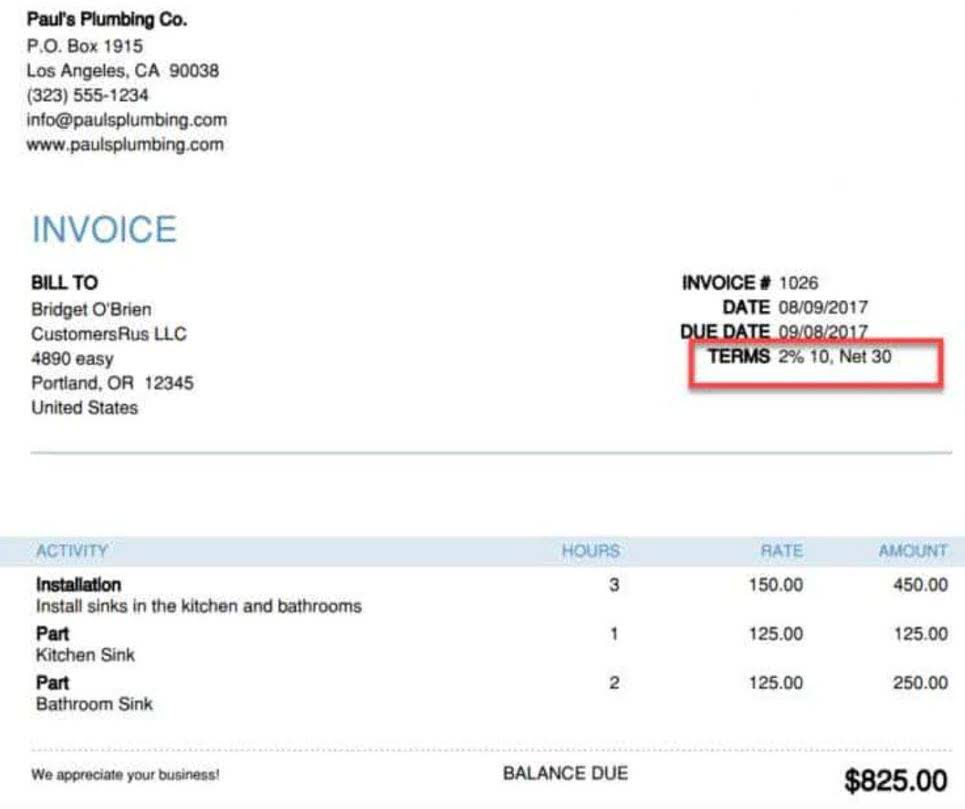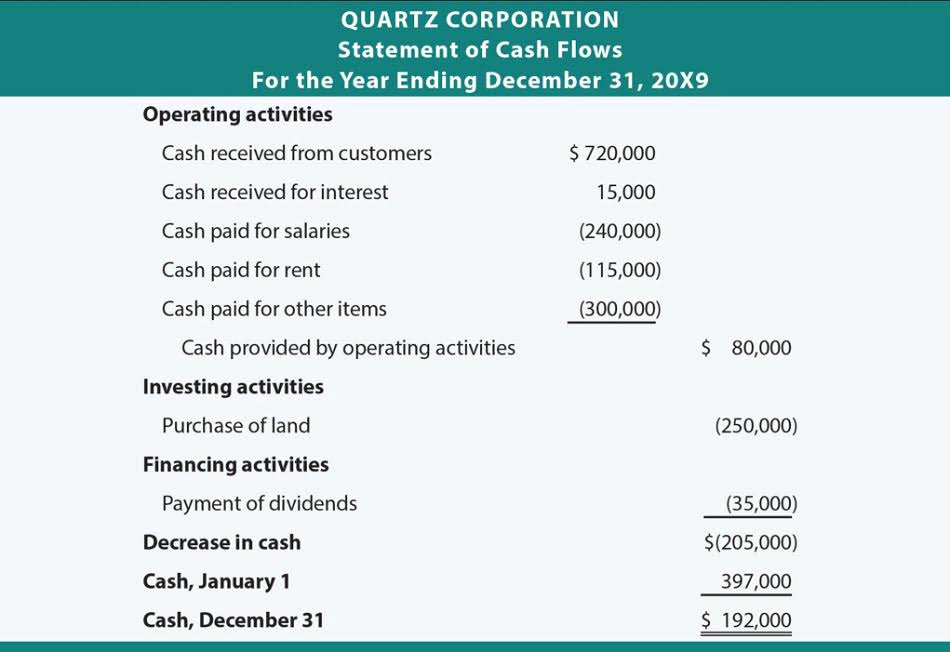Effects of Alcoholic Parent on Child Development, How Parents Drinking affects Children
This again stems from experiencing rejection, blame, neglect, or abuse, and a core feeling of being unlovable and flawed. A sudden change of plans or anything that feels out of your control can trigger your anxiety and/or anger.Youthrive on routine and predictability. Michael Quinn is a writer with five years of experience covering a broad range of topics, including technology, medicine, and healthcare. As President Donald Trump launches initiatives to reshape the nation in his second term, a recent Gallup poll provides a road map for the issues Americans think need the most attention. In addition to sampling error, question wording and practical difficulties in conducting surveys can introduce error or bias into the findings of public opinion polls.
- Because he is a member of a support group that stresses the importance of anonymity at the public level, he does not use his photograph or his real name on this website.
- Join me as we explore the importance of early intervention and strategies for support in breaking the cycle of alcoholism.
- Because alcohol use is normalized in families with alcoholism, children can often struggle to distinguish between good role models and bad ones.
- A neglectful parenting style, characterized by low involvement and control, conflicts with cultural expectations of family unity and protection 21.
- According to gender role theory, societal expectations for boys and girls differ significantly, which may influence their behaviors and attitudes toward substance use.
- However, when a parent struggles with alcoholism, the landscape of adolescent development shifts dramatically.
The Power of Onlooker Play: Boosting Social, Cognitive, and Emotional Development
Girls who engage in smoking or drinking may face more severe social stigma and be perceived as deviating from acceptable behavior 46. Consequently, boys may exhibit a higher prevalence of tobacco and alcohol use compared to effects of having an alcoholic parent girls. Empirical studies have consistently demonstrated that the rates of tobacco and alcohol use are significantly higher among boys than among girls 47,48,49. Moreover, the role of gender in fear of missing out remains a subject of debate in the current literature. While some studies report no significant gender differences in fear of missing out, others suggest that such differences do exist.
- It’s common for individuals with addiction to deny the severity of their condition.
- Many ACOAs are very successful, hard-working, and goal-driven.Some struggle with alcohol or other addictions themselves.
- Having even one ACE can increase the risk of becoming a smoker, and developing obesity, depression, and a substance use disorder (SUD).
- Despite the well-established role of teacher-student relationships in school adaptation, the significance of peer interactions in social development remains underexplored 11, 12.
Mediation test of fear of missing out
Hearing somebody else validate your trauma in such a personal way opens up avenues for collective healing. NaCoA offers programs and resources to help victims of parental alcoholism come to terms with their trauma and work on eliminating it. Once you have all of the information, you can consider seeing a therapist one-on-one to create healthy coping strategies and talk through your pain. Meanwhile, solid majorities of K-12 parents — ranging from 56% to 69% — say there was no effect on their child’s physical health or math, reading or science skills. Fewer say the same about their child’s social skills development (47%) and mental health (52%). No more than 10% of parents say their child was positively affected by the pandemic in any of the six areas measured.
Interpersonal Effects
While a person’s genes do have an influence on whether or not they will abuse alcohol, their environment also plays a large part. The normalization of alcohol dependency throughout their childhood conditions them to believe that substance abuse is common behavior. A multi-faceted approach with therapeutic interventions and support systems can effectively reduce the negative effects on children of alcoholic parents. By prioritizing accessible treatment options, families can embark on a journey toward understanding, resilience, and improved well-being. Growing up with an alcoholic parent can have a significant impact on a child’s life. Children of alcoholics often struggle with emotional, social, and behavioral issues that can affect their development and wellbeing.
- Being around an alcoholic parent can be disturbing for a child because there may be an exhibition of strange behaviour, loud noises, fights etc. which may become too burdensome for the child.
- Our community is committed to helping individuals build a brighter future free from the grip of alcohol.
- As a result, they may be at a higher risk of developing their alcohol use issues in adulthood.
This theory underscores the importance of self-control in navigating social environments and maintaining positive interactions. There are various strategies and interventions that can help support children of alcoholic parents. It’s important to provide counseling, community outreach programs, and create a stable environment to break the cycle of alcoholism and promote healthy development. Working towards breaking the cycle of alcoholism requires a comprehensive approach that addresses both the individual’s addiction and the underlying factors contributing to it. Recovery programs play a vital role in providing the necessary tools and support for parents to overcome their addiction.
Specialist Treatments
Extrinsic goals are those that center around external factors—for instance, wealth, fame, prestige, a thousand likes on social media. It’s almost impossible to accomplish these goals with a feeling of satisfaction. After all, there is always someone wealthier, more famous, more liked, or more followed; there is always the new shiny thing to chase after, each costing more than the next. Sunnyside is the leading alcohol health platform focused on moderation and mindfulness, not sobriety. On average, members see a 30% reduction in alcohol consumption in 3 months, leading to improved sleep, diet, and overall wellbeing. I believe alcohol can exist in a household with children, but I also believe it should be done with intention and care.
Parental alcoholism can have a huge impact on children. Here’s everything you need to know
However, it is important to look at the possible effects that having an alcoholic parent or father can have on a child or adult children. Children of alcoholics might display symptoms such as anxiety, depression, anger, mood swings, low self-esteem, and difficulties in forming close relationships. They might also exhibit perfectionism, fear of abandonment, or struggle with setting boundaries.
In adulthood, these children are more likely to have a lower socioeconomic status and problems forming healthy relationships. Adolescence is a pivotal stage marked by significant biological, psychological, and social changes. As teenagers navigate this complex period, parents play an indispensable role in shaping their development.
- The thing is, it’s easy to rationalize how much you drink when the people around you are guzzling at the same rate or faster.
- Children of alcoholic parents often struggle with their social skills and face challenges with self-esteem.
- Alcoholic parents (now referred to as parents with alcohol use disorder or AUD) affect their children in many ways, some so profound that the kids never outgrow them.
- Children from alcoholic homes are often angry and bitter, not only at their alcoholic parent but at the whole world.
- Taking a break from drinking for 30 days gives you a chance to step way back and rethink your drinking.
You’re actually a highly sensitive person, but you’veshut down youremotions in order to cope. The child may become very confused because they may not know what is expected of him or what he should expect his parent to be like. Alcoholics suffer from mood swings and temper tantrums, sometimes they may be all happy and lovey-dovey, and on other times they become all nasty and loud.




